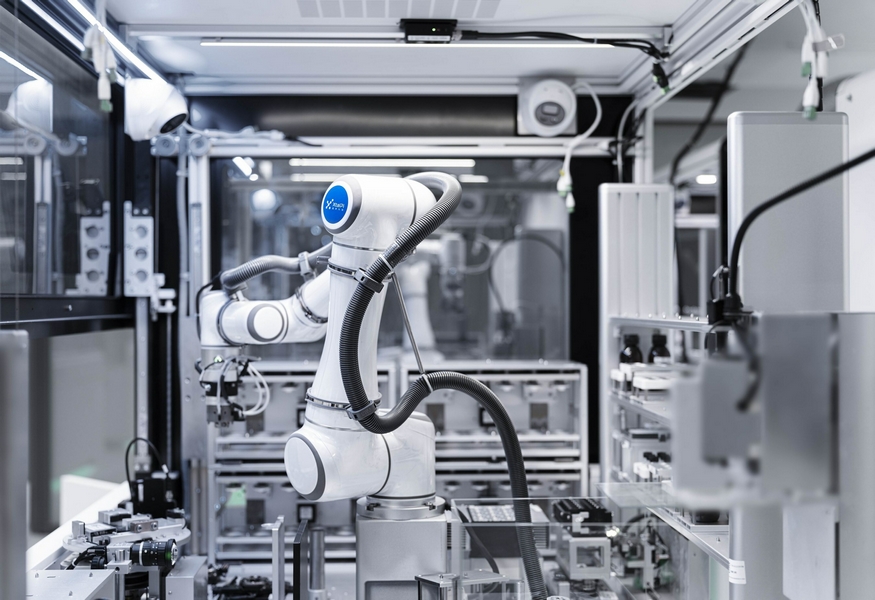
Roche and Bayer are the two Western pharmaceutical companies best prepared to adapt to a rapidly evolving AI landscape. This ranking was established by CB Insights from the 50 largest pharmaceutical companies in America and Europe.
Ability to attract artificial intelligence skills
Labs are evaluated on their demonstrated ability to attract top AI talent, execute AI projects, and innovate through R&D and investment. The ranking takes into account patent applications, partnership and licensing agreements, deal activity, acquisitions, key players and product launches.
Roche and Bayer stand out for acquisitions, investments and patents
Roche and Bayer are at the top, especially for their level of innovation in the field of artificial intelligence through acquisitions, investments and patents. Like Roche and Bayer, other successful companies have clearly invested in AI talent and, to a lesser extent, demonstrated the ability to execute AI initiatives.
The ranking evaluates 3 key pillars: the ability to attract and retain talent, execution (the ability to bring AI-based products and services to market, as well as implement AI internally) and innovation (development or acquisition of new artificial intelligence capabilities).
An AI approach with clear leadership
From a skills perspective, the best ranked labs are those that have implemented an AI approach with clear leadership led by people with extensive academic or industry experience and targeted recruitment into technical roles.
In May 2023, Eli Lilly signed a $250 million collaboration with XtalPi
For example, Dave Johnson, head of data and artificial intelligence at Moderna (at the origin of the anti-Covid vaccine), he obtained a doctorate in physics. On the execution side, the study examines the agreements made by the laboratories. In May 2023, Eli Lilly signed a $250 million collaboration with XtalPi the best-funded startup in AI-based drug discovery and design.
CBinsights points out that Novartis and Microsoft have a long-standing partnership in the field of artificial intelligence, which includes a joint research laboratory and co-development of an open source model for leprosy detection through the Novartis Foundation.

Collaboration between Sanofi and Aqemia in oncology
As for Sanofi, it has extended its collaboration in oncology with Aqemia in June 2022, focusing on drug discovery based on artificial intelligence and quantum physics. Merck Group was the launch partner of Insilico Medicine’s generative chemistry AI platform in November 2020.
Only 3 out of 50 companies – Bayer, BioNTech and Roche – have made an AI acquisition
Finally, when it comes to innovation, the scores are disparate. Only 3 of the 50 companies – Bayer, BioNTech and Roche – have made an AI acquisition. Two of these acquisitions occurred in January 2023: Bayer acquisition Blackford analysis, an AI medical imaging platform; and BioNTech acquired InstaDeepspecialized in protein design.
Bayer is the largest investor in AI startups among these 50 pharmaceutical companies. Its corporate venture capital arm, Bayer jumps has supported 12 transactions since 2018. Three of these transactions were attributed to Huma, leader in decentralized clinical trials.

Key information on this topic





